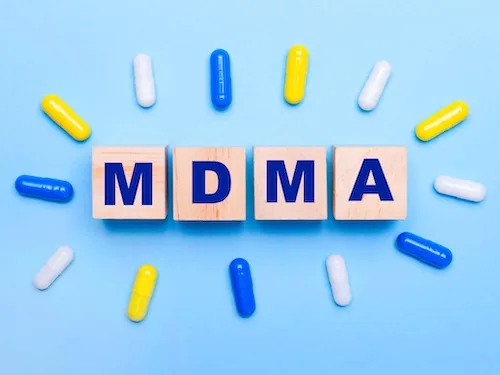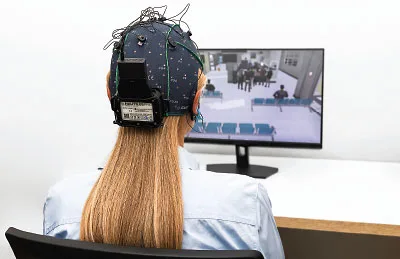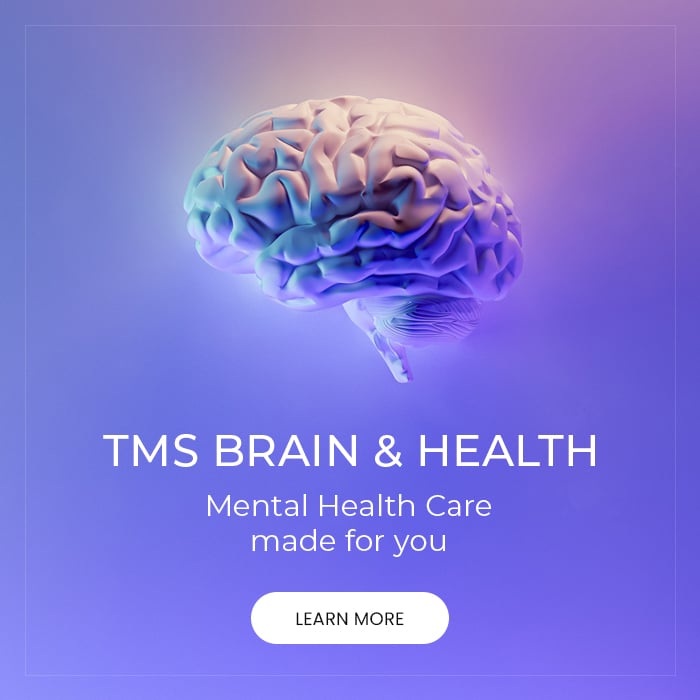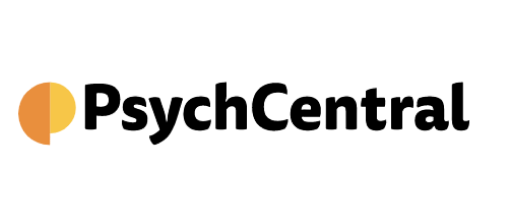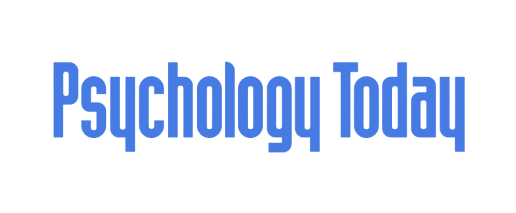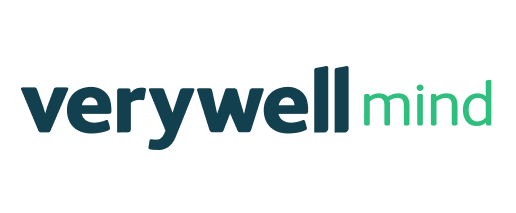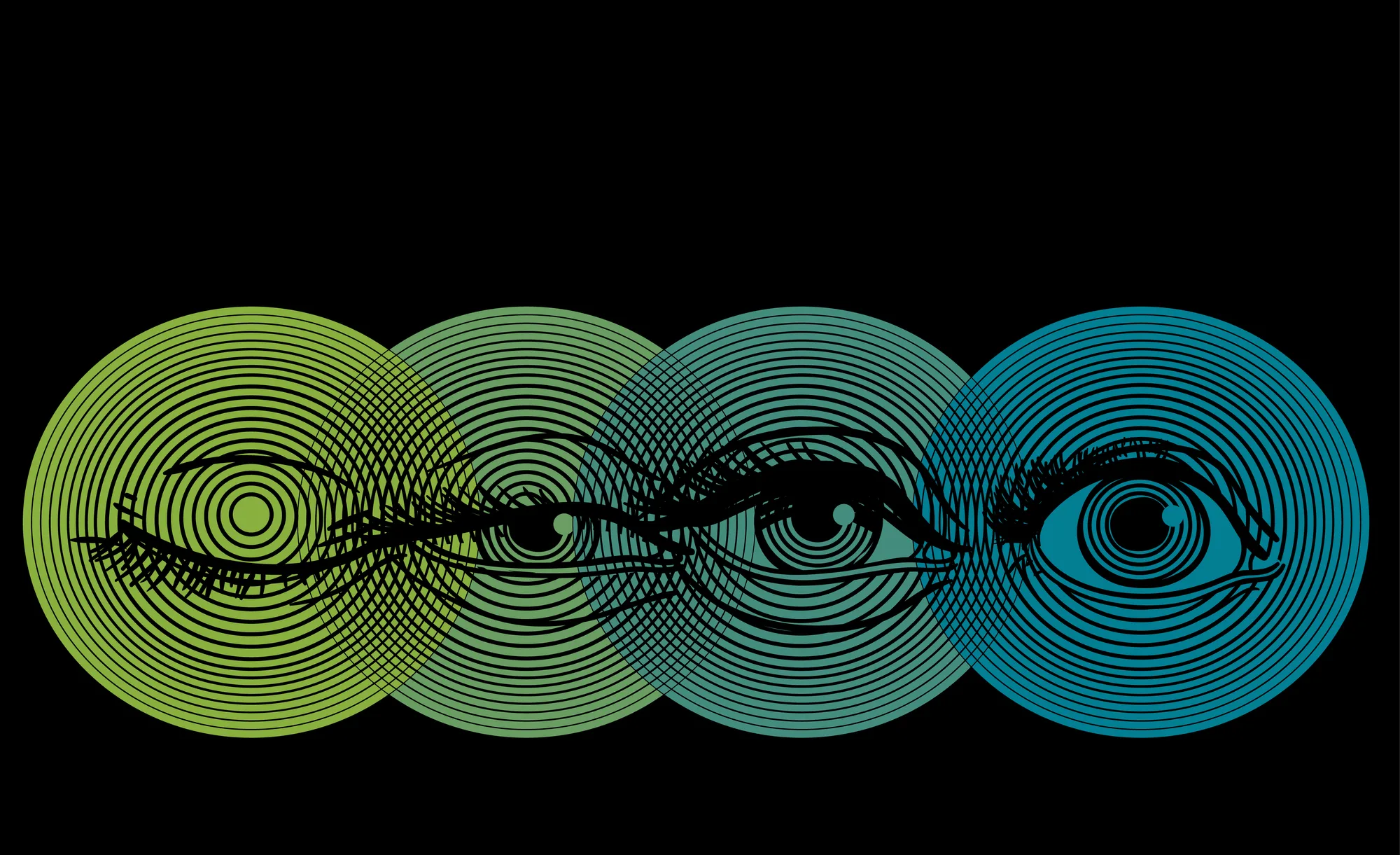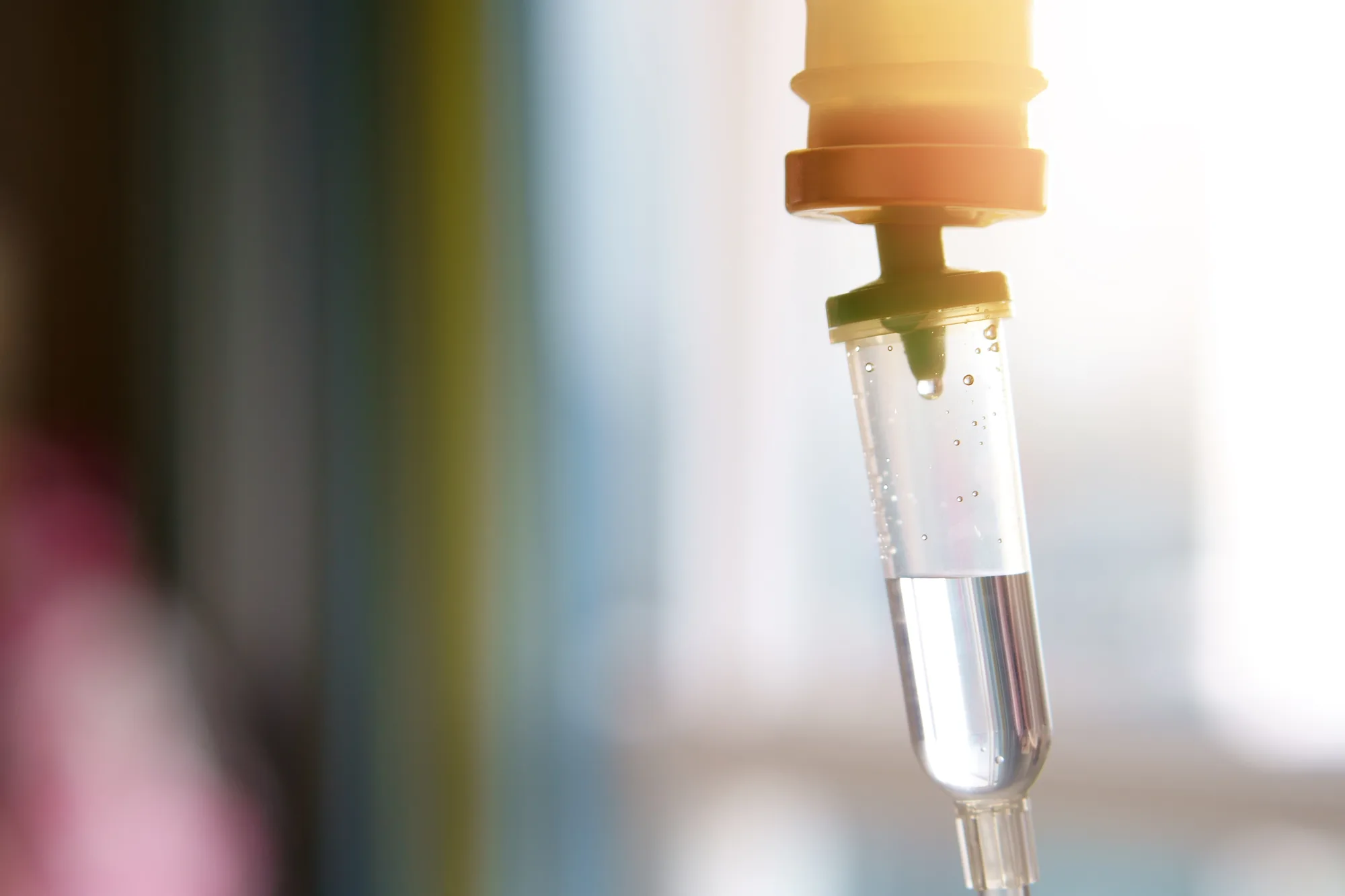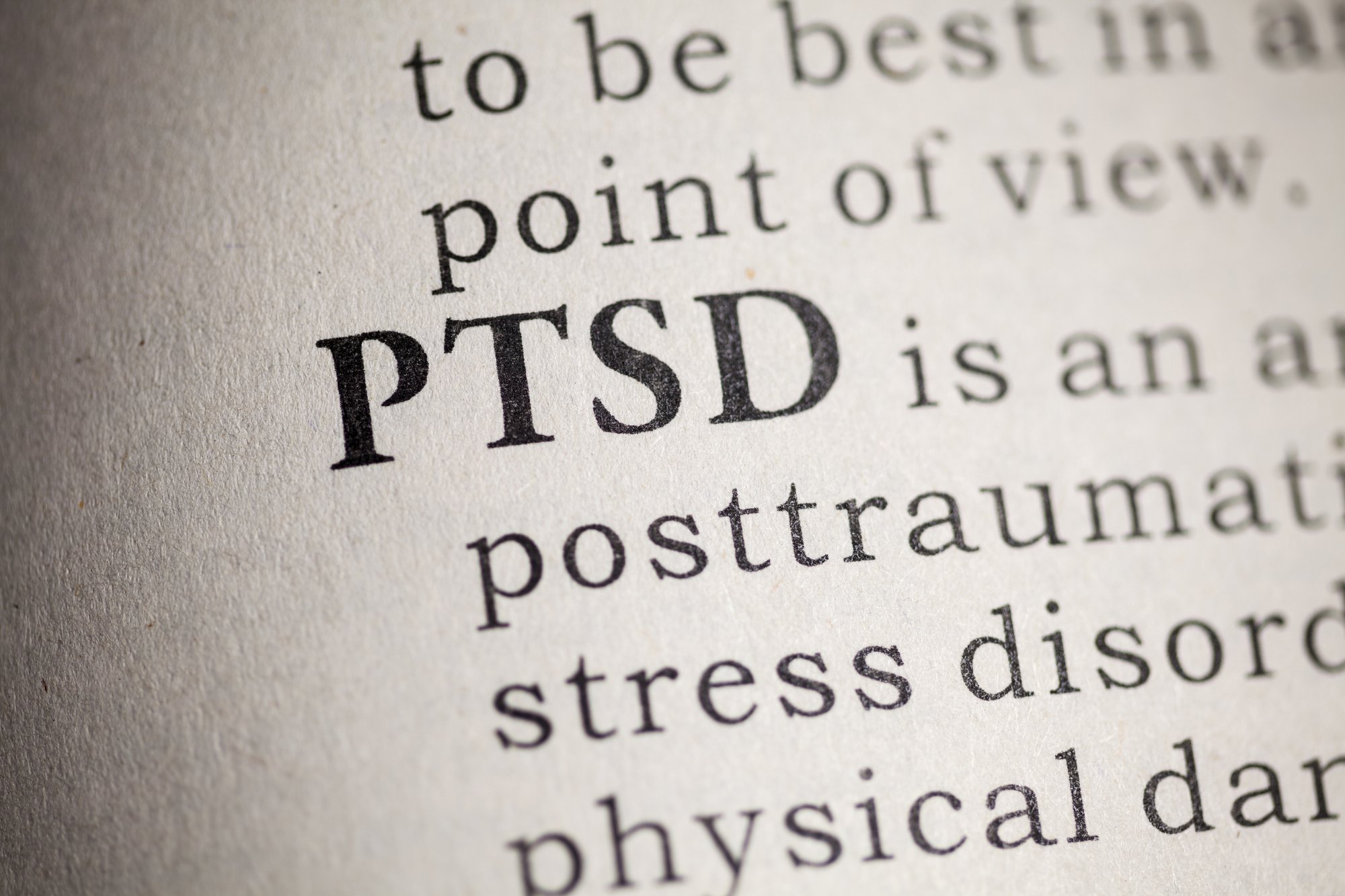A new study conducted by researchers at Massachusetts General Brigham found ketamine to be a comparable and safer option to ECT for cases of severe treatment-resistant depression.
For decades, ECT has been considered the “gold standard” for severe depression treatment, due to its high efficacy rates. Most antidepressants and other depression treatments are only effective for about one-third of people, but ECT is at least 50% effective for individuals with treatment-resistant depression. For this reason, it has historically been considered one of the most reliably effective options for severe depression.
ECT has also, however, been associated with many undesirable side effects. Although ECT is much safer now than it has been in the past, it can still have detrimental impacts on neural function leading to side effects like memory loss. The treatment carries a negative social stigma and is sometimes unfavored because it requires anesthesia.
Ketamine is a relatively new depression treatment that is quickly rising in popularity in recent years. In 2019, the FDA approved a specific form of ketamine, known as esketamine, under the brand name Spravato. In clinical research, ketamine is proving to be more effective than standard antidepressants, and is notable for its unique mechanism of action and ability to provide relief for many months following a full treatment course.
In June 2023, researchers from Massachusetts General Brigham conducted the largest study to-date comparing ECT and ketamine treatment. The open-label, randomized trial had 403 total participants, all diagnosed with treatment-resistant major depression with no psychotic symptoms. Initially, 203 patients were assigned to receive ECT, and 200 patients were assigned to receive intravenous ketamine. Thirty-eight patients withdrew before the initial treatment, leaving 170 patients who received ECT and 195 who received ketamine.
Patients underwent a 3-week treatment phase, receiving either ketamine twice per week or ECT three times per week. To measure treatment response, the primary outcome, Quick Inventory of Depressive Symptomatology scores were recorded, with scores ranging from 0 to 27. Secondary outcome measurements included memory test scores and self-reported quality of life. Patients who showed a meaningful treatment response were followed over a 6-month period post-treatment.
Within the ketamine group, 55.4% of patients had a meaningful response, compared to 41.2% in the ECT group after 6 months. Patients who responded had at least a 50% decrease in depression symptoms, and improved quality of life throughout the 6-month period following treatment. Researchers concluded that ketamine is noninferior to ECT in effectiveness as a treatment for severe depression. Because the study design was a noninferiority trial, the researchers could not come to the conclusion that ketamine was more or less effective than ECT. However, the fact that ketamine had more treatment durability than ECT is a very significant finding that suggests that the response from ketamine persists for the majority of people over time.
As far as side effects, ECT was associated with memory loss after 3 weeks of treatment with gradual recovery, as well as adverse musculoskeletal effects. Ketamine was only associated with dissociation during treatments.
The results of the study are profound and promising for individuals with treatment-resistant depression. This data suggests that there may be a more tolerable treatment option that is just as effective as ECT for cases of depression that don’t respond to traditional medicine. The researchers noted that the open-label and self-report design of the study may have impacted results, and the team is working on a follow-up study to compare ECT and ketamine for individuals with acute suicidal depression.


